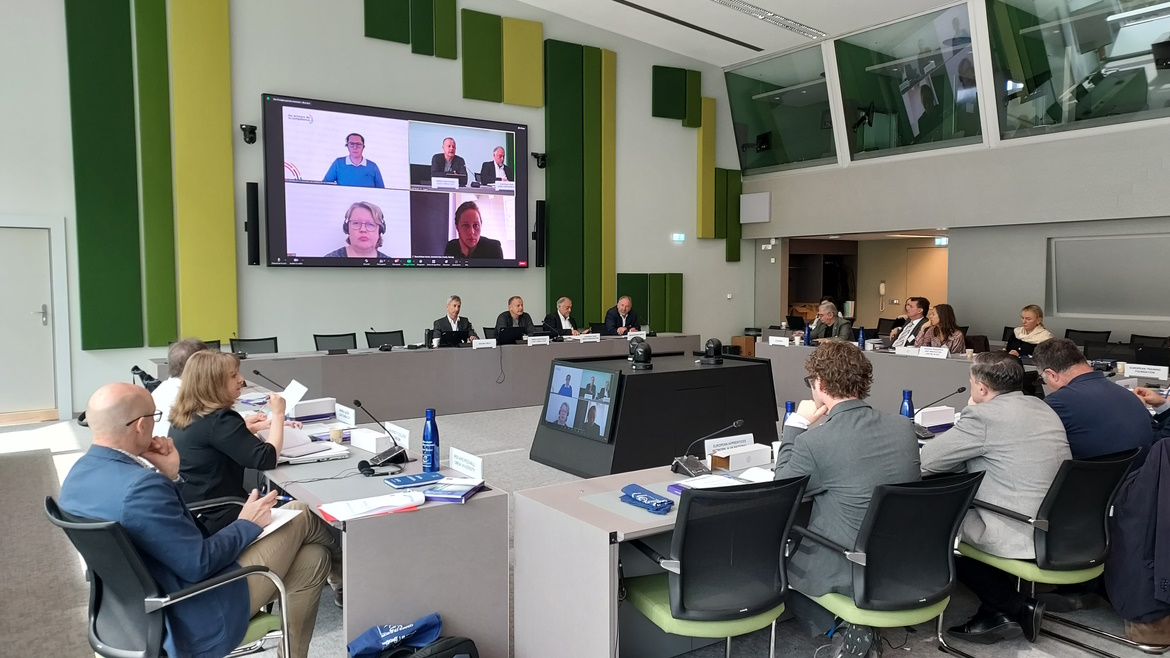Besides democratic institutions, laws and procedures (such as elections), a genuine democracy relies on a culture of democracy and on citizens who act accordingly with democratic values, and a set of attitudes and behaviours that are needed for these institutions, laws and procedures to function democratically in practice.
The Council of Europe Reference Framework of Competences for Democratic Culture (RFCDC) contains a model of competences that learners need to participate effectively in a culture of democracy and live peacefully together with others in culturally diverse democratic societies.
The Framework is intended for use by education policy makers and by education professionals in all levels of education, including vocational education and training and adult education.
In this perspective, the Education Department has launched a project on RFCDC and Vocational Education and Training (VET) and is developing a guidance document on this topic to support the development of a culture of democracy in VET schools in member States. The guidance document on the RFCDC and VET is being developed with the support of an ad hoc expert group composed of delegates of member states (Albania, Armenia, Austria, Belgium, Estonia, Georgia, Germany, Hungary, Malta, Norway, Romania and Spain), observer organisations to the CDEDU (FEDE, Holy See, and Lifelong Learning Platform) and consultants.
On 15 May, a thematic event was organised, in Strasbourg and online, on the role of competences for democratic culture in the workplace. The aim of this first thematic event was to gather contributions from various stakeholders, such as VET students and apprentices (represented by the Organising Bureau of European School Student Unions (OBESSU) and the European Apprentices Network (EAN), federations of private companies and employers (the Confederation of Finnish Industries EK, Les Acteurs de la compétence, ESB Networks Ltd), the European Trade Unions Confederation, the Basque Applied Innovation Centre for Vocational Education and Training (TKNIKA), and researchers (from the European Training Foundation, Umeå University and University College London).
Participants actively discussed insights from the field of research, democratic culture in the workplace, students’ and apprentices’ democratic experiences in VET, as well as shared challenges and examples of democratic practices in VET.
The information collected during the meeting from participants’ insights will feed into the guidance document on the RFCDC and VET, including examples of democratic practices and challenges in VET.
The next day, on 16 May, the Expert Group on RFCDC and VET held its third meeting with delegates from the Council of Europe Member States and observer organisations. The expert group examined the content of the draft guidance document and agreed on the next steps to identify further existing practices and challenges.
A second thematic event will be organised at the beginning of September to discuss and gather additional information from various stakeholders on specific challenges in relation to RFCDC and VET.






